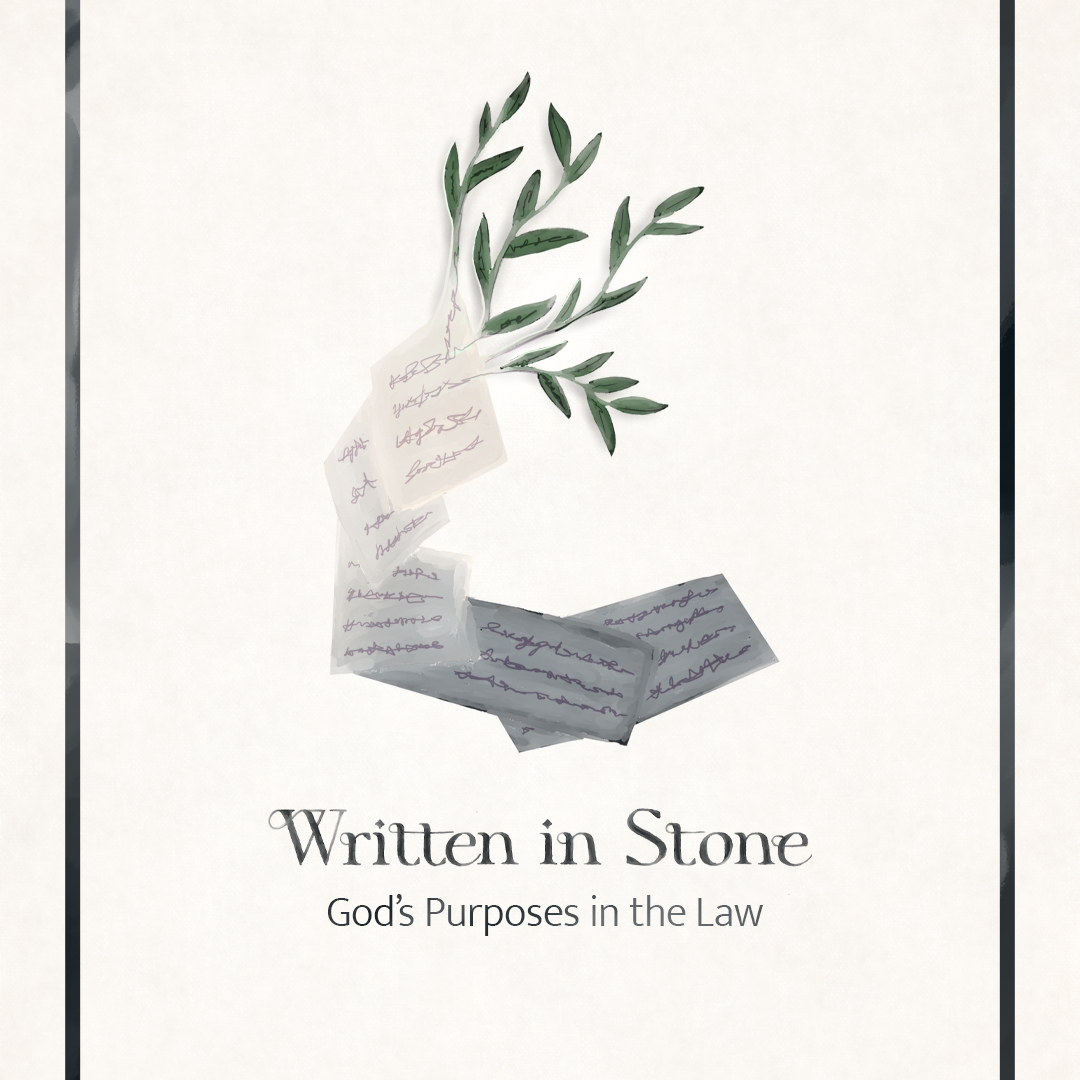
Last month we talked about how many of us find prayer difficult and attributed that to the enemy’s schemes to keep us from spending time in prayer. (If you missed that article, you can read it here.) But this month and next I’d like to look at some of the biggest hindrances to prayer in our mindsets and our day-to-day habits. More likely than not, you will find yourself identifying with one or more of these. Satan wants to bring condemnation in this. But take heart; you are not alone! Others, many others, have felt the same way you feel. And identifying the hindrances helps us to tackle them head-on through the power of the Holy Spirit.
Hindrance #1 – Unanswered prayers
We’ve all been there–down on our knees, fervently begging God for the salvation of a loved one, the return of a wayward child, the mending of a broken marriage, or the healing of a physical malady. We muster all the faith we’ve got and pour out our heart to God…only to be met with seeming silence. The prayer goes “unanswered,” and our faith wanes. Stack a few of these “unanswered” prayers on top of each other, and doubt creeps in. Is God there? Is He listening? Does prayer work? Leave doubt to fester, and a steely cynicism creeps in, crusting our heart in a protective shield of wariness toward the very One who is our source of hope and life.
Paul E. Miller in his book A Praying Life writes:
Few of us have…courage to articulate the quiet cynicism or spiritual weariness that develops within us when heartfelt prayer goes unanswered. We keep our doubts hidden even from ourselves because we don’t want to sound like bad Christians. No reason to add shame to our cynicism. So our hearts shut down.
I’ve been there–shut down because of unanswered prayers, hurting and doubting, living in cynicism and trying to avoid looking it in the face because I don’t want the shame that will come with it. Maybe you’ve been there too. Maybe you’re there now. Maybe it’s time to look that cynicism in the face and call it what it is. Repentance brings healing.
Hindrance #2 – Insincerity
Theoretically, the body of Christ should be our support system. Our brothers and sisters should be the ones we turn to to bear our burdens, carrying our concerns to Jesus and agree with us for our needs. Unfortunately, it doesn’t always work out that way. We’ve all experienced the scenario where we get up the courage to be vulnerable only to have someone listen halfheartedly, nod, and say, “I’ll pray for you.” But we doubt their sincerity or their commitment to actually carry our need to the Father.
Or perhaps you’ve been on the insincere side of this scenario. You didn’t give enough attention or compassion to a hurting brother or sister. You threw them a glib phrase to placate your guilt. Or maybe you actually meant well but never got around to acting on your promise, making it an empty one.
Miller addresses all of this, continuing his discussion of our cynicism when it comes to prayer:
The glib way people talk about prayer often reinforces our cynicism. We end our conversations with “I’ll keep you in my prayers.” We have a vocabulary of “prayer speak,” including “I’ll lift you up in prayer” and “I’ll remember you in prayer.” Many who use these phrases, including us, never get around to praying. Why? Because we don’t think prayer makes much difference.
But prayer does matter! God promises it does. James 5:16b says, “The effective, fervent prayer of a righteous man avails much” (NKJV). And despite our experiences with “unanswered prayer,” Isaiah 59:1 tells us, “The LORD hasn’t lost his powerful strength; he can still hear and answer prayers” (CEV).
In the coming months we’ll examine strategies for combating these prayer problems, but for now, perhaps it is enough to recognize ourselves in these scenarios, to sit with the tension and angst of these feelings. Perhaps it is enough to acknowledge the problem and surrender it to our Savior. I hope these prayers help. . .
A Prayer for Doubt & Cynicism:
God, I don’t want my heart to shut down when it comes to talking to You, but if I’m honest I have developed an unspoken cynicism; I have become confused and hurt over unanswered prayers; I have become weary of praying. I admit this is where I’m at, Lord. This is where You’re going to have to meet me.
A Prayer for Insincerity:
Lord, I’ve been among those who doubt that prayer makes a difference. This is a lack of faith, so I confess that and repent. Grow my faith in You, Father–in Your loving kindness and faithfulness in all things. And change my heart so that I once again turn to You in every situation.
God, I also admit that I’ve told people I would pray for them and then never have. I repent of this as well. Give me an honest heart and lips. When I tell someone I will pray for them, Holy Spirit, bring them to my mind so I remember to do so. And help me discipline myself to stop and actually pray when You speak to me.
Just a reminder that you are invited to join us for corporate prayer any of these times:
- Sunday mornings 8:30-9:15 a.m., room 204 – all church prayer
- Tuesdays during the lunch hour (12:00-12:15 p.m.) online – all church prayer, connect here.
- 3rd Wednesday of every month 7:00-7:30 p.m., room 204 – parents of teens
If you’d like to get your own copy of A Praying Life by Paul E. Miller, you can order it on Amazon here.
Until next month…I’m praying for you,
Aimee Furhman










